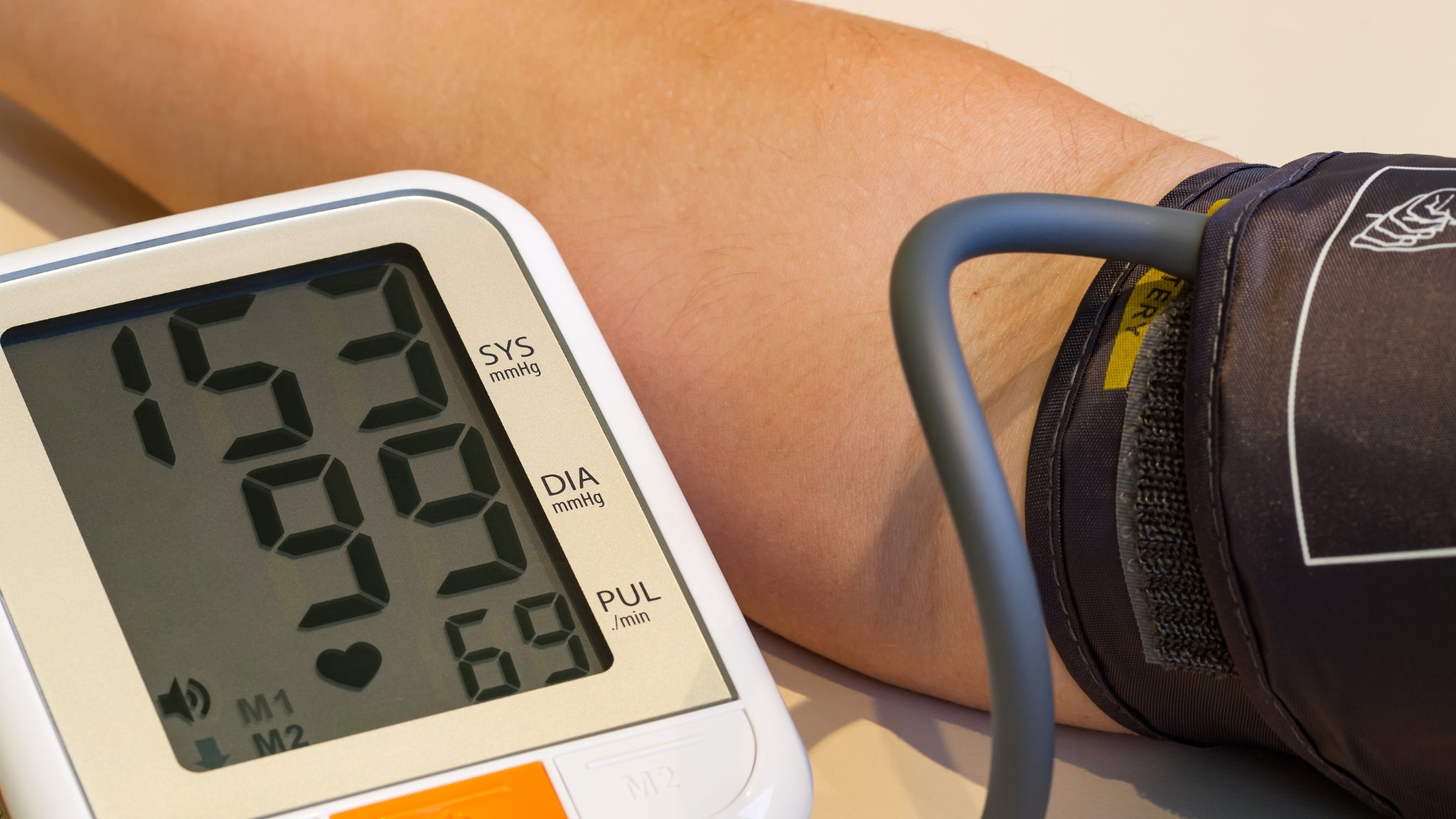
Ayurvedic Tips for Healthy Skin
The skin is the largest organ in our bodies and along with hair, nails, and sweat glands it forms the integumentary system. The integumentary system has many functions and most importantly protects our bodies from pathogens, such as bacteria and fungus, and sunlight.

Ayurvedic Solutions for Indigestion
Ayurveda considers healthy digestion as the most important factor for health and longevity. Healthy digestion creates a healthy life and weak digestion creates an unhealthy life. Healthy digestion ensures your body is assimilating the nutrients you are taking in through the foods you eat. The saying “You are what you eat,” is quite literal in this sense.

Ayurvedic Wisdom for Restorative Sleep
Ayurveda has long known the health benefits provided by restful restorative sleep. In fact, sleep is one of the three pillars of life, along with food and fertility. These three pillars create life for all beings on earth. Restful restorative sleep is necessary for both cognitive and physiological functions. When we are fully rested, our immunity, happiness, focus and decision-making skills are optimized.

Jwara an Ayurvedic Understanding of Fever
Jwara is a Sanskrit word for fever and according to Ayurveda it is considered the "king of all illnesses". This is because Jwara affects not just the body but also the mind and senses. Ayurveda understands jwara as not only an increase in body temperature but is also a feeling of malaise, unease, and discomfort, and involves the deha (body), indriya (senses), and mana (mind).

Managing High Blood Pressure with Ayurveda
According to the Center for Disease Control (CDC) the incidence of high blood pressure in the US in 2021 contributed towards 691,095 deaths. And one third of US adults have high blood pressure at approximately 119.9 million. High blood pressure is defined as systolic blood pressure greater than 130 mmHg or a diastolic blood pressure greater than 80 mmHg.

Managing Sinus Congestion with Ayurveda
Chronic sinus congestion affects 31 million people in the United States, making it a highly prevalent condition. Acute sinusitis, occurring for less than 4 weeks, is even more common, affecting 50 million adults every year.

Managing Ear Disorders with Ayurveda

Managing Common Headaches with Ayurveda

Supporting IBS with Ayurveda
Irritable Bowel Syndrome or IBS is a gastrointestinal disorder associated with a dysfunctional gut. The main symptoms include chronic abdominal pain with diarrhea that can alternate with constipation. In 2023, Cedars-Sinai conducted a nationwide survey of 89,000 people and found that an estimated 6.1% of the US population have symptoms associated with IBS.

